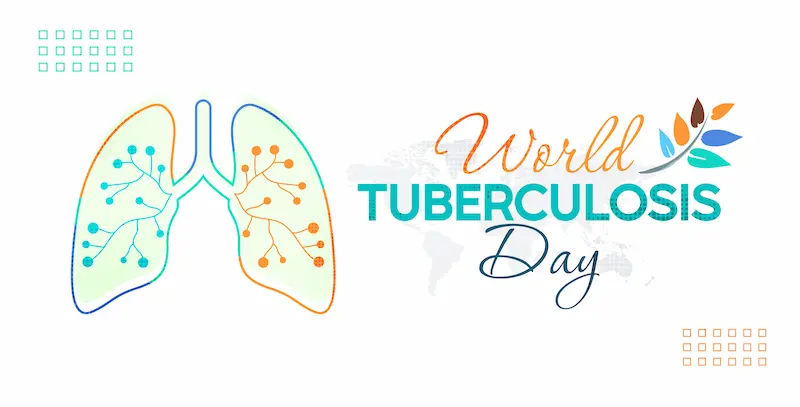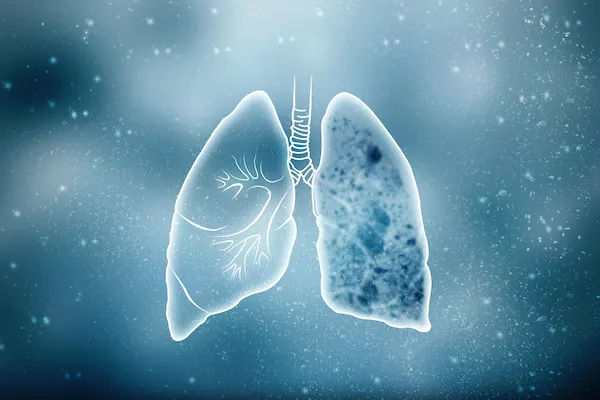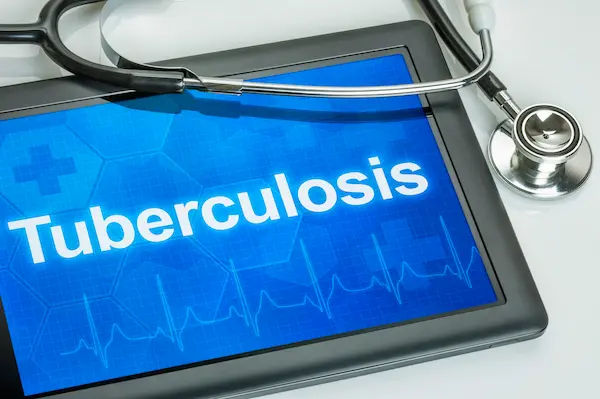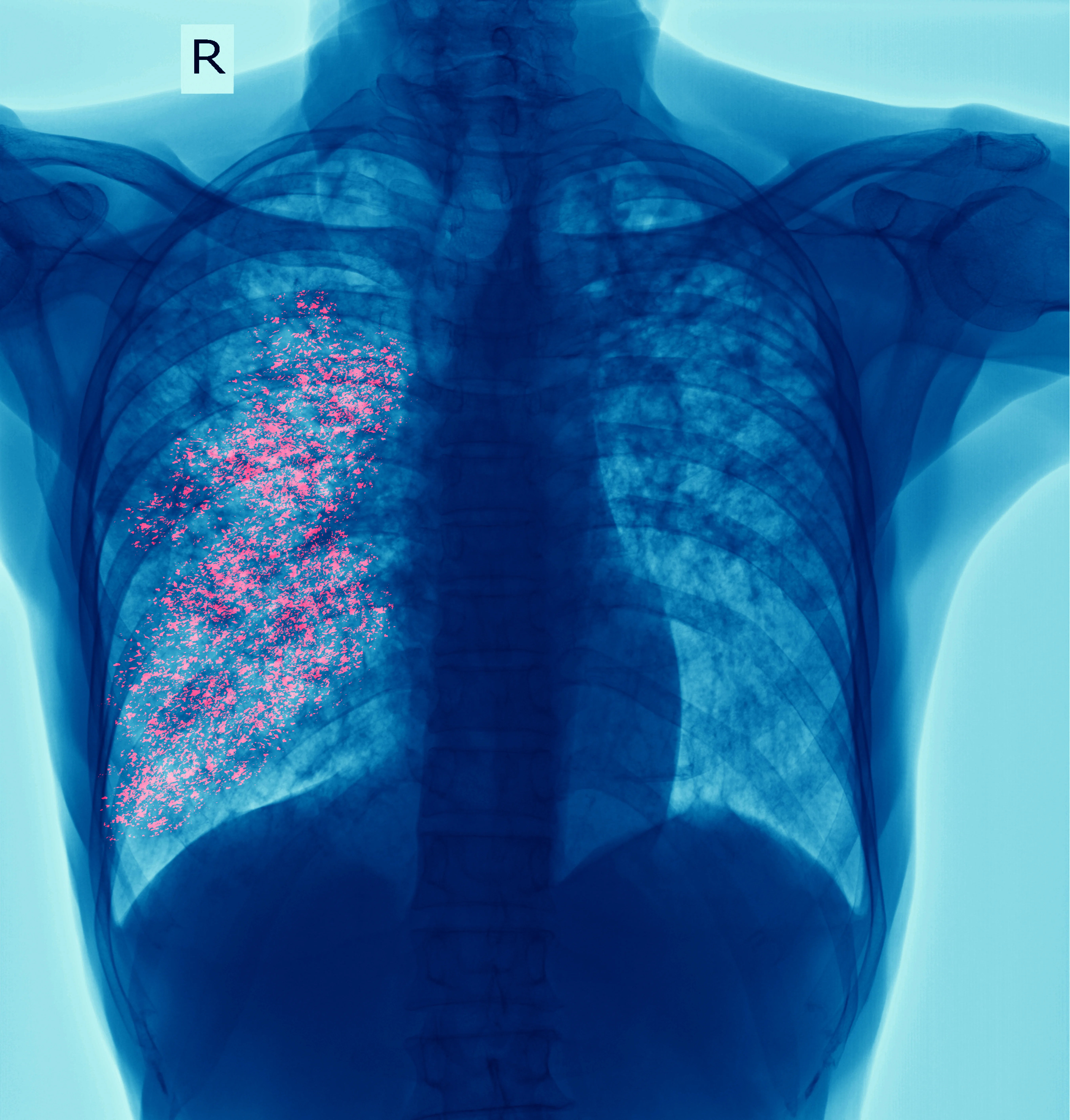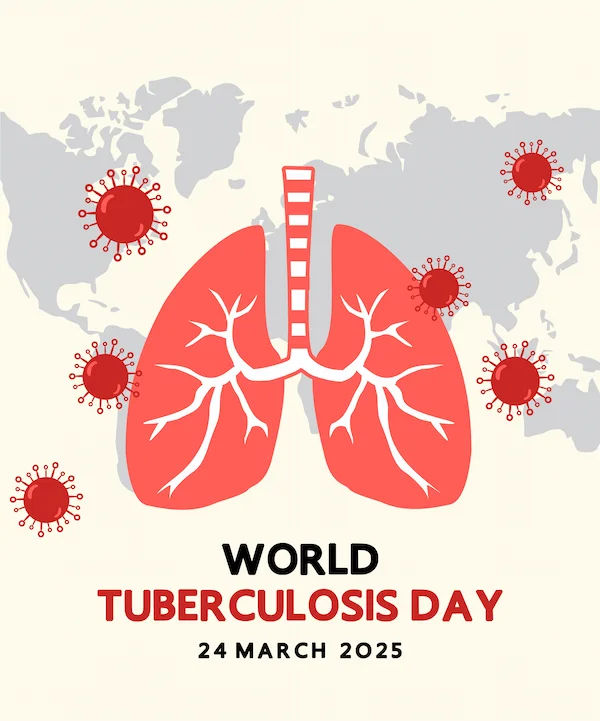Guide to How Tuberculosis Affects Immunity
Discover how tuberculosis impacts the immune system. This guide explores the intricate mechanisms Mycobacterium tuberculosis uses to evade and manipulate host defenses, and how this understanding is key to new treatment strategies.

Written by Dr. Siri Nallapu
Reviewed by Dr. Dhankecha Mayank Dineshbhai MBBS
Last updated on 13th Jan, 2026
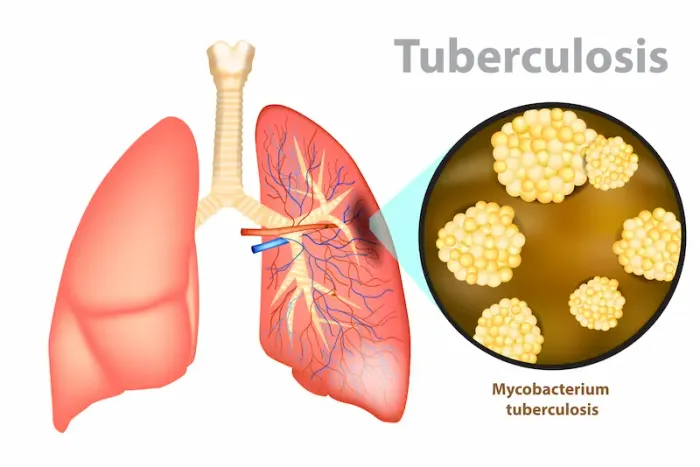
Introduction
Tuberculosis (TB) is often thought of as a disease of the lungs, but its battleground is fundamentally your immune system. This ancient pathogen, Mycobacterium tuberculosis, has evolved a sophisticated dance with our body's defenses, one that can leave a lasting impact long after the infection is cured. Understanding this relationship is key to not only treating the disease but also recovering fully and safeguarding your health for the future. If you or a loved one are navigating a TB diagnosis, you might be wondering how this infection affects your body's ability to protect itself. This guide will demystify the complex interplay between tuberculosis and immunity, explaining the battle that rages inside, why some people get sick while others don't, and how to best support your body's natural defenses during and after treatment.
Understanding the Basics: TB and Your Immune System
To grasp how TB affects immunity, we first need to understand the two main players.
What is Tuberculosis?
Tuberculosis is a potentially serious infectious disease caused by the bacterium Mycobacterium tuberculosis. It primarily targets the lungs (pulmonary TB) but can spread to other parts of the body (extrapulmonary TB), such as the kidneys, spine, and brain. It spreads through the air when an infected person coughs, sneezes, or speaks.
The Immune System's First Line of Defense
Your immune system is your body's personalized army. Its first responders, like macrophages (a type of white blood cell), patrol your body and engulf foreign invaders like bacteria. In most infections, these cells quickly destroy the threat. However, M. tuberculosis is a uniquely resilient foe. It has a waxy coating that makes it resistant to these initial attacks, allowing it to survive and multiply inside the macrophages themselves, turning its defender into its home.Consult Top Specialists
The Intricate Battle: How Your Body Fights TB
The interaction between TB and your immunity is a complex war of attrition, not a quick battle.
Stage 1: Initial Infection and Containment
Once the initial macrophages are overwhelmed, your immune system escalates its response. It signals other specialized cells, primarily T-lymphocytes (T-cells), to the site of infection. These cells release chemical messages (cytokines) that orchestrate a more powerful attack. This is a critical part of the immune response to mycobacterium tuberculosis.
Stage 2: The Granuloma – A Double-Edged Sword
To wall off the bacteria and prevent its spread, your immune system forms a structure called a granuloma. Imagine it as a fortress built around the infection. Inside, immune cells keep the bacteria contained in a dormant state. This is what is known as Latent TB Infection (LTBI). The person has no symptoms, is not contagious, and the bacteria are held in check by their immunity. However, granuloma is not a perfect solution. It also provides a niche where the bacteria can hide and survive for decades, waiting for a chance to reactivate.
When Defense Fails: From Latent to Active TB Disease
The balance between containment and breakout is delicate. When the immune system is weakened, the bacteria can break out of the granuloma, multiply, and cause Active TB Disease.
What Weakens the Immune System's Hold?
Several factors can compromise the immune system's ability to control a TB infection:
• HIV/AIDS: HIV specifically attacks CD4 T-cells, which are the generals in the fight against TB. This is why TB is a leading cause of death among people with HIV.
• Malnutrition: Especially deficiencies in protein, vitamin D, and zinc, which are crucial for immune cell function.
• Diabetes: Poorly controlled diabetes can impair the function of immune cells.
• Smoking: Damages the lungs' natural defenses and overall immune function.
• Certain Medications: Such as corticosteroids or drugs used for chemotherapy or organ transplants that suppress the immune system.
The Consequences of Reactivation
When latent TB reactivates, it causes active disease with symptoms like a persistent cough (sometimes with blood), chest pain, fever, night sweats, and weight loss. The person becomes contagious, and the uncontrolled bacterial growth causes significant inflammation and damage to lung tissue.
The Lasting Impact: How TB Can Weaken Immunity Long-Term
Even after successful treatment, TB can leave a legacy of altered immunity.
Post-Tuberculosis Lung Disease
The intense inflammation and tissue damage caused by TB can lead to permanent lung scarring (fibrosis), bronchiectasis (damaged airways), and reduced lung function. This structural damage impairs the lung's local immune defenses, making individuals more susceptible to other respiratory infections like pneumonia and bronchitis for the rest of their lives.
Immune Exhaustion and "Scarring"
Recent research suggests that the prolonged battle against TB can lead to a phenomenon known as "immune exhaustion." The constant activation of the immune response can wear out T-cells, making them less effective over time. Furthermore, the body's immune memory might be altered. Some studies indicate that after TB, the immune system can become hyper-vigilant in some ways while weakened in others, a sort of immunological scarring that affects how the body responds to new threats.
Strengthening Your Defenses: During and After TB
Supporting your immune system is a critical part of TB treatment and recovery.
The Role of Nutrition in Immune Health
A balanced diet is non-negotiable. How to boost immunity during TB treatment starts on your plate. Focus on:
• Protein: Essential for building immune cells. Include lentils, eggs, lean meat, fish, and dairy.
• Vitamin D: Crucial for immune function. Get sunlight exposure and eat fortified foods. Apollo24|7 offers a convenient home collection for tests like vitamin D to check your levels.
• Zinc and Micronutrients: Found in nuts, seeds, and whole grains.
A doctor or nutritionist can provide personalized dietary advice to support your recovery.
Importance of Completing TB Treatment
This is the most important step. TB treatment involves taking a combination of antibiotics for 6-9 months. Completing the full course is essential to fully eradicate the bacteria. Stopping early can lead to relapse and the development of multidrug-resistant TB (MDR-TB), which is much harder to treat. The medication itself allows your immune system to finally gain the upper hand and heal. If your condition does not improve after trying these methods, book a physical visit to a doctor with Apollo24|7 to ensure your treatment plan is correct.
Conclusion
The relationship between tuberculosis and immunity is a profound and lasting one. TB is not merely an infection that is cured and forgotten; it is a significant event that challenges and can permanently alter the body's defensive architecture. From the initial formation of a granuloma to the potential for long-term lung and immune dysfunction, the shadow of TB can be long. However, this knowledge is empowering. Understanding these mechanisms highlights the critical importance of prevention, early diagnosis, unwavering treatment adherence, and post-recovery care. By supporting your immune system through nutrition, managing underlying conditions, and following medical advice, you can win the battle against TB and build a foundation for resilient health in the future. Your body's defenses are remarkable—give them the support they need to protect you.
Consult Top Specialists
Consult Top Specialists

Dr. Rajib Ghose
General Physician/ Internal Medicine Specialist
25 Years • MBBS
East Midnapore
VIVEKANANDA SEBA SADAN, East Midnapore

Dr. Swaroopa Rani
General Physician/ Internal Medicine Specialist
9 Years • MBBS, MD (Internal Medicine)
Bengaluru
Apollo Medical Center, Marathahalli, Bengaluru

Dr. Leeni Mehta
General Physician/ Internal Medicine Specialist
13 Years • MBBS, MD (Medicine), PGD (Clinical Endocrinology and Diabetes), RCP (UK,lONDON)
Bengaluru
Apollo Medical Center, Marathahalli, Bengaluru
(175+ Patients)

Dr. Tamal Bhattacharyya
Pulmonology Respiratory Medicine Specialist
8 Years • MBBS, MD (Respiratory Medicine)
Kolkata
MCR SUPER SPECIALITY POLY CLINIC & PATHOLOGY, Kolkata
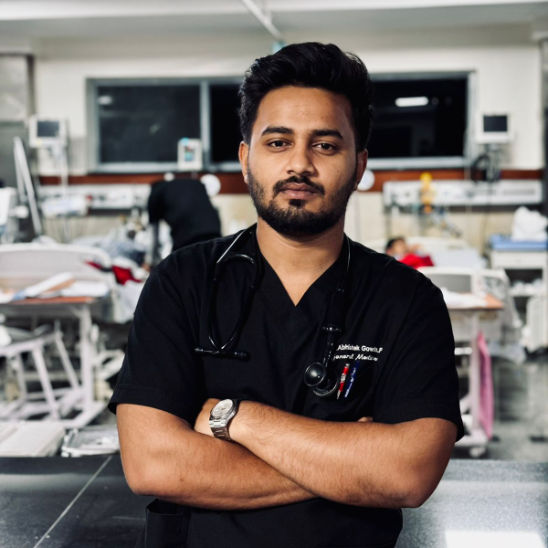
Dr. Abhishek Gowda
General Physician/ Internal Medicine Specialist
3 Years • MBBS MD General Medicine
Bengaluru
PRESTIGE SHANTHINIKETAN - SOCIETY CLINIC, Bengaluru
Consult Top Specialists

Dr. Rajib Ghose
General Physician/ Internal Medicine Specialist
25 Years • MBBS
East Midnapore
VIVEKANANDA SEBA SADAN, East Midnapore

Dr. Swaroopa Rani
General Physician/ Internal Medicine Specialist
9 Years • MBBS, MD (Internal Medicine)
Bengaluru
Apollo Medical Center, Marathahalli, Bengaluru

Dr. Leeni Mehta
General Physician/ Internal Medicine Specialist
13 Years • MBBS, MD (Medicine), PGD (Clinical Endocrinology and Diabetes), RCP (UK,lONDON)
Bengaluru
Apollo Medical Center, Marathahalli, Bengaluru
(175+ Patients)

Dr. Tamal Bhattacharyya
Pulmonology Respiratory Medicine Specialist
8 Years • MBBS, MD (Respiratory Medicine)
Kolkata
MCR SUPER SPECIALITY POLY CLINIC & PATHOLOGY, Kolkata

Dr. Abhishek Gowda
General Physician/ Internal Medicine Specialist
3 Years • MBBS MD General Medicine
Bengaluru
PRESTIGE SHANTHINIKETAN - SOCIETY CLINIC, Bengaluru
More articles from tuberculosis
Frequently Asked Questions
1. Can having TB before make me more susceptible to getting sick again?
While successfully treated TB provides some immunity to reinfection, the lung damage (post-TB lung disease) it may cause can make you more vulnerable to other respiratory infections. It does not make you immune to TB itself, and reinfection is possible, especially with ongoing exposure.
2. Does the BCG vaccine given at birth guarantee lifelong immunity against TB?
No. The BCG vaccine is most effective at preventing severe forms of TB in children, such as TB meningitis. Its protection against pulmonary TB in adults is variable and wanes over time. It is not a guarantee of lifelong immunity.
3. How can I tell if my immune system is weak after TB treatment?
Signs can include frequent respiratory infections, prolonged recovery from common illnesses, persistent fatigue, and slow wound healing. If you are concerned about your immune function after TB, it is best to consult a doctor for a proper evaluation. Apollo24|7 offers a convenient home collection for tests that can help assess your overall health status.
4. Why is there a link between TB and vitamin D deficiency?
Vitamin D is crucial for activating the immune response against TB. It helps macrophages produce a substance that can kill the bacteria inside them. Populations with common vitamin D deficiency often have higher rates of TB, highlighting the importance of this nutrient for immunity.
5. Is latent TB infection a sign of a weak immune system?
Not at all. Latent TB is actually a sign that your immune system is working effectively to contain the infection. Approximately one-quarter of the world's population has latent TB. The weakness arises only if the immune system later becomes compromised, allowing the infection to reactivate.
